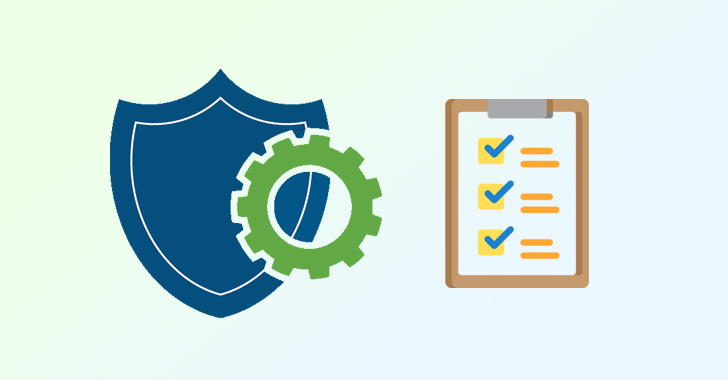If you’re heading out of the office on a well-deserved vacation, are you certain the security controls you have in place will let you rest easy while you’re away? More importantly – do you have the right action plan in place for a seamless return?
Whether you’re on the way out of – or back to – the office, our Security Validation Checklist can help make sure your security posture is in good shape.
1. Check the logs and security events of your key critical systems. Stay up-to-date on recent activities. Check for changes – and attempted changes – and any potential indicators of compromise. Planning to be gone for longer than a week? Designate a team member to perform a weekly review in your absence, reducing the chances of a critical event going undetected.
2. Check for any new security vulnerabilities that were identified on your vacation. Use your preferred scanning tool or check one of the regularly updated databases, such as CVE Details.
3. Investigate failures of critical components and the reasons behind them. If remediation is needed, create an action plan to address the immediate issues and prevent repeated failures in the future.
4. Review whether there were any key changes to your products and their corresponding security controls. While now isn’t the time to implement major changes to your EDR, SIEM system, or other corresponding solutions, do make sure you’re aware of any updates that were made in your absence. Once you’re back – and able to monitor the impact on your overall security posture – you can make larger-scale changes to your controls.
5. Check with HR for any relevant changes. Did any new employees join the company and therefore need access to specific systems? Conversely, did any employees leave and need their credentials revoked? Were there any other incidents or red flags that require your attention?
6. Be aware of new business orientations. Did the organization introduce any new services or products that expanded the potential attack surface? For instance, did a new website or mobile app go live, or was a new version of a software product rolled out? Make sure your team is up to speed on the latest changes.
7. Check your password policies. Password policies shouldn’t be dependent on your vacation status, but as you work through this security checklist, take the opportunity to make sure policies are appropriately protecting the organization. Consider reviewing length, complexity, and special character requirements, as well as expiration and re-use policies.
8. Review firewall configurations . With many security experts recommending a review of firewall configurations every three to six months, now is an opportune time for an audit. Review network traffic filtering rules, configuration parameters, and authorized administrators – among other configurations – to make sure you’re using the appropriate configurations
There are plenty of tools that can help work through this checklist – but do you have all the resources needed to make sure everything will be addressed?
If you need help automating and standardizing your processes – or making sure critical vulnerabilities aren’t slipping through the cracks – Automated Security Validation can help. With real-time visibility, complete attack surface management, and actual exploitation measures – not just simulations – it provides what you need to rest easy while you’re away. And when you get back? Risk-based remediation plans help you create your roadmap for keeping your organization protected.
When you’re back, we’ve got your back. To learn more about protecting your security posture with Automated Security Validation, request a demo of the Pentera platform.
